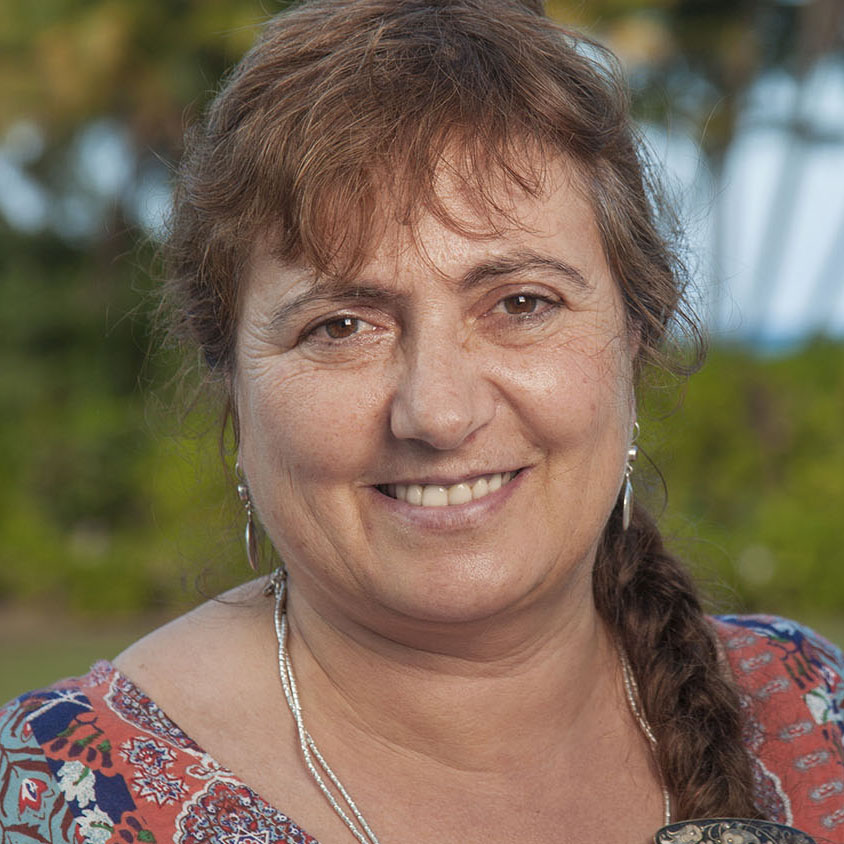Miriam Fernandez, Ph.D.

- Title
- Professor
- Institution
- Pontificia Universidad Católica de Chile
- Address
-
Pontificia Universidad Catolica de Chili
Alameda 340 - City, State
- Casilla 114-D, Santiago
- Country
- Chile
- [email protected]
- Award year
- 2005
- Country of origin
- Chile
Research
Miriam Fernández, a professor at Pontificia Universidad Católica de Chile, works on macro- and meso-scale patterns of biological diversity, physical processes determining diversity, human activities affecting diversity, and conservation planning. Fernández used her Pew fellowship to compile information on patterns of biodiversity in order to identify priority areas for marine conservation. Based on this information, she focused on mechanisms to protect the coastal ocean. She found that along the coast of Chile, species richness follows opposite latitudinal trends than reported in other oceans. A plausible hypothesis to explain the pattern is the distribution of larval developmental modes. In Chile, the number of brooding species, which could be favored at low temperatures, increases toward the south. Using information on species distribution, Fernández’s research team established priority for marine conservation. A large fraction of the efforts needed to be directed in southern Chile, where aquaculture is impacting the fjords, and in central Chile, where most of the Chilean population is settled. Both realities suggest a potential for social conflicts. Fernández proposed different mechanisms to advance marine conservation: (1) the use of existing instruments to establish protected areas, but changing the approach to involve local communities; and (2) the incorporation of management strategies, called management areas in Chile, to add marine conservation in regions where extensive fishing activities preclude assigning large fractions of the coast to marine conservation. The process has been slow because it takes years to go from the science of marine conservation to conservation actions. Fernández and her team have worked for many years with fishers, local authorities, and national authorities to develop the proposals to create marine protected areas. The first protected area was created in central Chile (Navidad) in 2013. Fernández’s methods developed with her fellowship have propagated to other regions and soon she became involved in projects in oceanic islands and southern Chile. Her work resulted in the creation of Archipiélago de Juan Fernández and Bahia Añihué-Pitipalena marine protected areas in 2014.